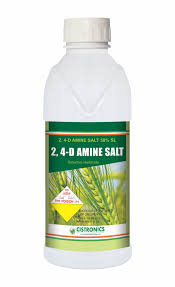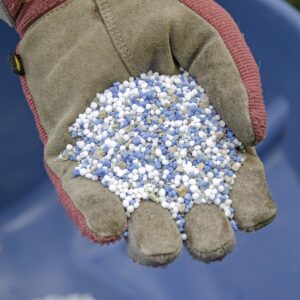2 4 D Weed Killer, When it comes to managing weeds in lawns and gardens, many homeowners and professionals turn to chemical herbicides for effective results. Among these, 2,4-D weed killer stands out as a popular and widely used option. This article provides an in-depth look at 2,4-D weed killer, its benefits, uses, and safety considerations.
What is 2,4-D Weed Killer?
2,4-D (2,4-Dichlorophenoxyacetic acid) is a selective herbicide that targets broadleaf weeds while leaving grasses largely unaffected. It belongs to the phenoxy herbicide family and works by mimicking natural plant hormones, disrupting the growth of weeds. First developed in the 1940s, 2,4-D has been a staple in weed management for decades due to its effectiveness and relatively low cost.
How Does 2,4-D Work?
2,4-D interferes with the growth processes of weeds by acting as a synthetic auxin, a type of plant hormone that regulates growth. When weeds absorb 2,4-D, it causes them to grow uncontrollably, leading to their eventual death. The herbicide targets broadleaf plants, such as dandelions, clover, and chickweed, which often compete with desirable grass species in lawns and gardens.
Applications of 2,4-D Weed Killer
2,4-D is versatile and can be used in various settings, including:
- Lawns: It helps maintain a healthy, weed-free lawn by targeting invasive broadleaf weeds while protecting grass.
- Agricultural Fields: Farmers use 2,4-D to control weeds in crops like wheat and corn, improving crop yield and quality.
- Parks and Recreation Areas: It keeps recreational areas free of problematic weeds, ensuring safe and aesthetically pleasing environments.
- Roadside and Industrial Areas: 2,4-D helps manage weeds in areas where maintaining clear, safe spaces is crucial.
Benefits of Using 2,4-D
- Effectiveness: 2,4-D is highly effective against a wide range of broadleaf weeds.
- Selective Targeting: It specifically targets broadleaf weeds, minimizing damage to grasses and other desirable plants.
- Cost-Effective: 2,4-D is relatively inexpensive compared to many other herbicides.
Safety and Environmental Considerations
While 2,4-D is effective, it’s important to use it responsibly:
- Follow Instructions: Always read and follow the manufacturer’s instructions for application rates and safety precautions.
- Avoid Overuse: Excessive use can lead to resistance and potential harm to non-target plants.
- Environmental Impact: 2,4-D can potentially affect non-target species and waterways. To minimize environmental impact, avoid application near water sources and use it in recommended amounts.
Conclusion
2,4-D weed killer remains a valuable tool for effective weed management due to its selective nature and broad efficacy. By understanding how it works and following safety guidelines, you can use 2,4-D to maintain a healthy and weed-free lawn or garden while minimizing potential risks to the environment. Always stay informed and consult with professionals if you have specific concerns or questions about herbicide use.
By adhering to best practices and using 2,4-D responsibly, you can achieve a beautiful, weed-free outdoor space that enhances the enjoyment of your property.
You Might Also Like These:



